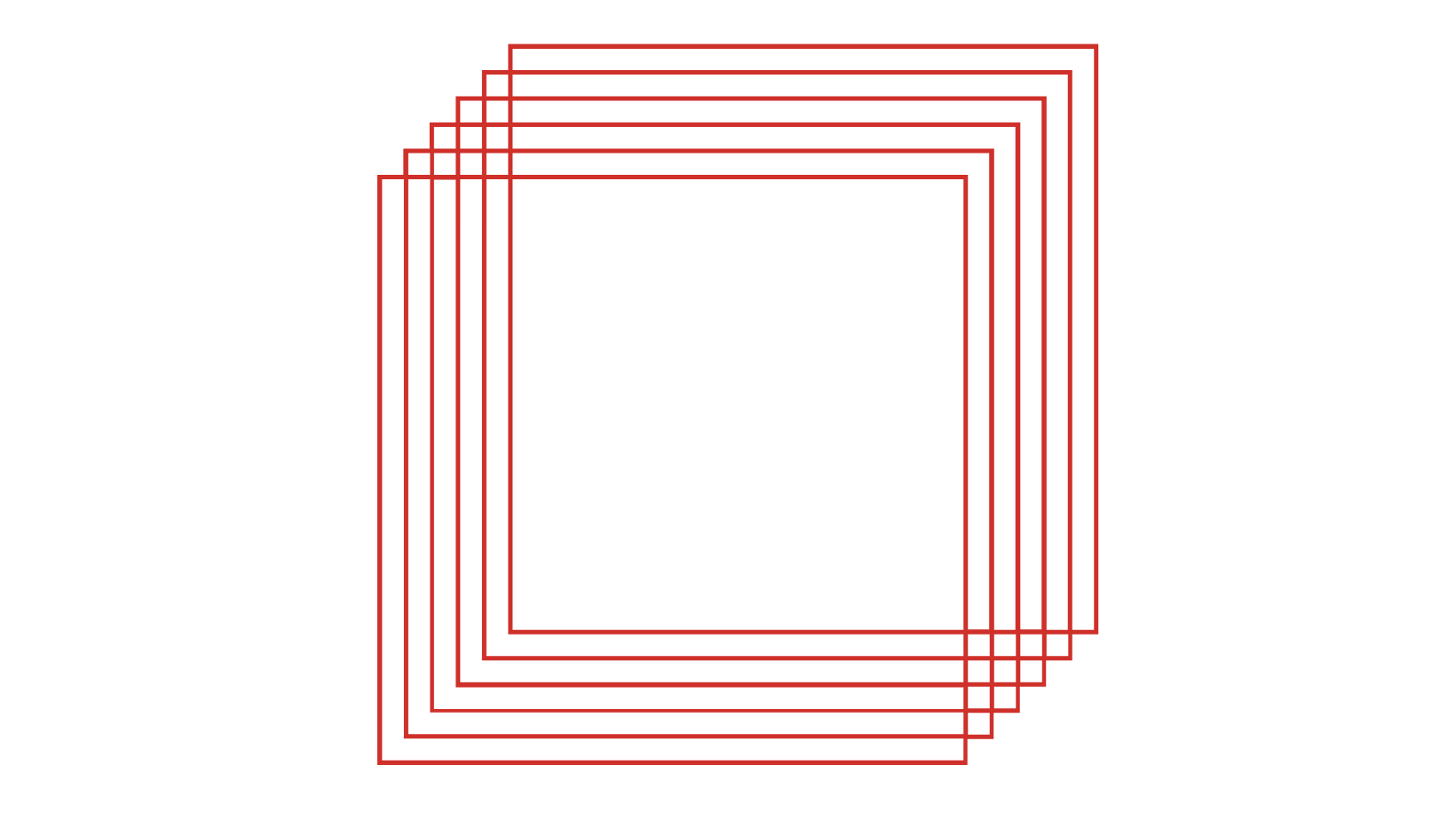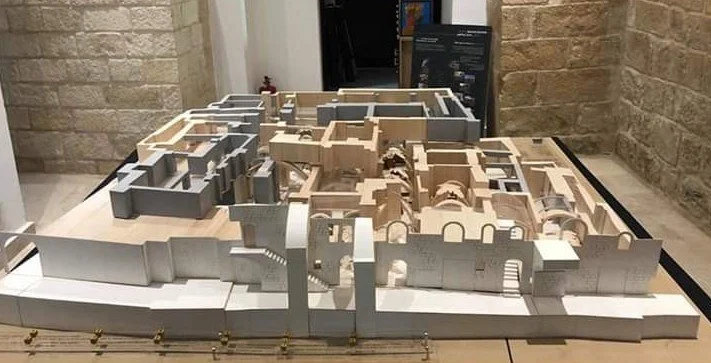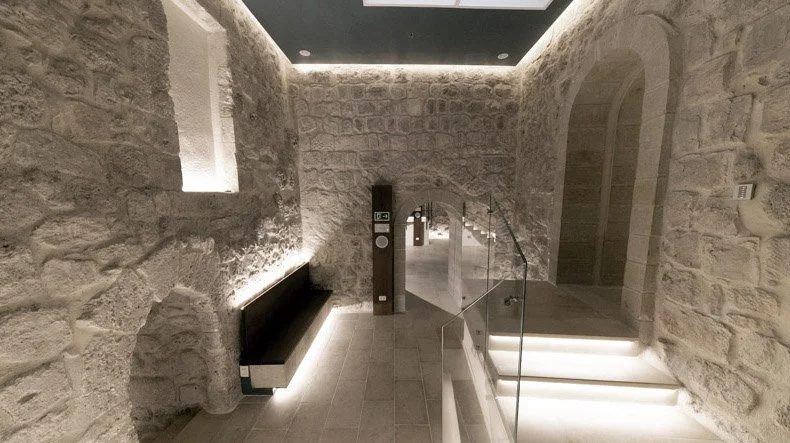Sunday 11.26.21

From Ancient Ruins to an Urban Regeneration Jewel in the Heart of Old Jerusalem: UN-HABITAT Concludes the Rehabilitation of Dar Al-Consul
As advisors to this project, OHK is proud to have contributed to the successful rehabilitation of Dar Al-Consul into a sustainable and inclusive district space in the heart of Old Jerusalem. OHK shared its expertise in urban regeneration strategy, economics, spatial aspects of adaptive reuse, visioning, functional and space programming, and sustainability design. We are grateful for the opportunity to have played a role in this remarkable endeavor, which serves as a model for responsible and sustainable development in urban and historic centers of the Middle East. We recognize UN-Habitat as an invaluable partner in creating a positive impact on communities and reshaping urban cores that need revitalization.
This article was originally published on the UN-Habitat website and is being reproduced here with permission from the creators and publisher, UN-Habitat. The accompanying photo depicts the opening ceremony, led by the owner, Custodia Terræ Sanctæ, and the main stakeholders and funding and implementing entities, including UN-Habitat and the EU. The owner, Custodia Terræ Sanctæ, and the publisher, UN-Habitat, reserve all rights to the content and photos.
UN-Habitat has concluded an eight-year renovation and rehabilitation project in the Old City of Jerusalem that has improved the living conditions of Palestinian families, enhanced the Palestinian cultural and community identity, and built training and capacity-building centers on the grounds that were once a Prussian castle.
The Rehabilitation of Dar Al Consul into a Residential and Civic Complex, which started in 2014, wrapped up its activities on October 31st.
“UN-Habitat’s engagement is aligned with Sustainable Development Goal 11 to Make cities and human settlements inclusive, safe, resilient, and sustainable. We focused on enhancing living conditions and improving livelihood opportunities for local Palestinians. Our aim was to preserve, rehabilitate and renovate a local heritage site to maximize sustainable urban management through community engagement – especially the youth,” says Zeyad Elshakra, Head of the UN-Habitat Palestine Office.
The work was accomplished by leveraging Dar Al-Consul’s unique historical, architectural, and archaeological features to meet modern, eco-friendly, and greenery approaches supporting sustainable development in the Old City of Jerusalem. Dar Al Consul served for three decades as a Prussian consulate and residence for the Consul. Henceforth, the building was named Dar Al-Consul, the House of the [Prussian] Consul, a name retained in oral tradition until today.
Part of the building’s upper floors served as the consul’s domicile, while the rest was used as a political and cultural center for Prussian activities that, for around three decades were a major attraction in the Old City. In 1882, the property was transferred to the Latin Patriarchate in Jerusalem. Through the UN-Habitat project, a total of 36 residential units were renovated, which allowed more families to enjoy modern amenities within the Old City’s ancient structures. Five community courtyards were fully rehabilitated and renovated, including landscaping and the installation of safety guards, as some courtyards are located directly above Khan az-Zeit Street which is one of the two arteries of the old city of Jerusalem.
Additionally, the project provided an opportunity for 40 undergraduate and graduate students to gain on-the-job training and capacity development experience by engaging in the rehabilitation works and operational components of the project. On the cultural side, the project included the excavation and preservation of archeological treasures. Five main findings are now on display on the site, giving life to ruins such as cisterns, mosaic floors, private baths and water channels from the Roman, Byzantine, Late Islamic, and Mamluk times.
Moreover, the project established three interconnected training and capacity-building centers, namely the Tourism, IT, and Media Center (TIMe); the Education and Professional Innovation Center (EPIC)’ and the Culinary and Food Experience (CAFÉ), designed specifically for Dar Al-Consul to provide opportunities for unique learning, coaching, and practical output that serves the Old City’s future aspirations.
The Dar Al Consul project was funded by the European Union and jointly implemented with Custodia Terræ Sanctæ (CTS) and Al Quds University.
"The historic sites in Palestine are not only important for their cultural and heritage values - some of which are already designated as World Heritage - but also for their promising social and economic potential,” EU Representative Sven Kühn von Burgsdorff stated during the project closure ceremony.
“Therefore, the EU invested in rehabilitating the Dar Al-Consul Complex to become an educational, technological, and community hub. Here we see a space developed with the engagement of students that benefits young people and the Old City community as a whole. Such projects are key to preserving the Palestinian identity of the city," said Burgsdorff.”
Greatly influenced by Dar Al-Consul’s role as a historic, civic, and commercial hub, the long-term vision for Dar Al-Consul incorporates a sustainable model that combines economic and urban development to empower Jerusalemites, as well as enhancing mobility and investment for Palestinians in the old city of Jerusalem.
The UN-HABITAT published a case study, which can be downloaded here. More information on this effort can be accessed on the site of Custodia Terræ Sanctæ.
Contact us to learn more about OHK’s urban regeneration, adaptive reuse, and sustainable building design.



